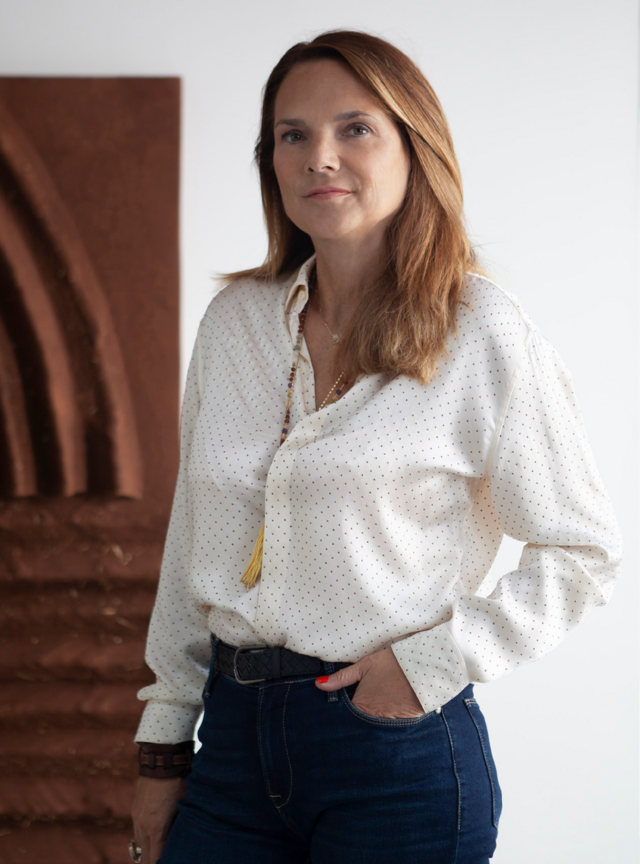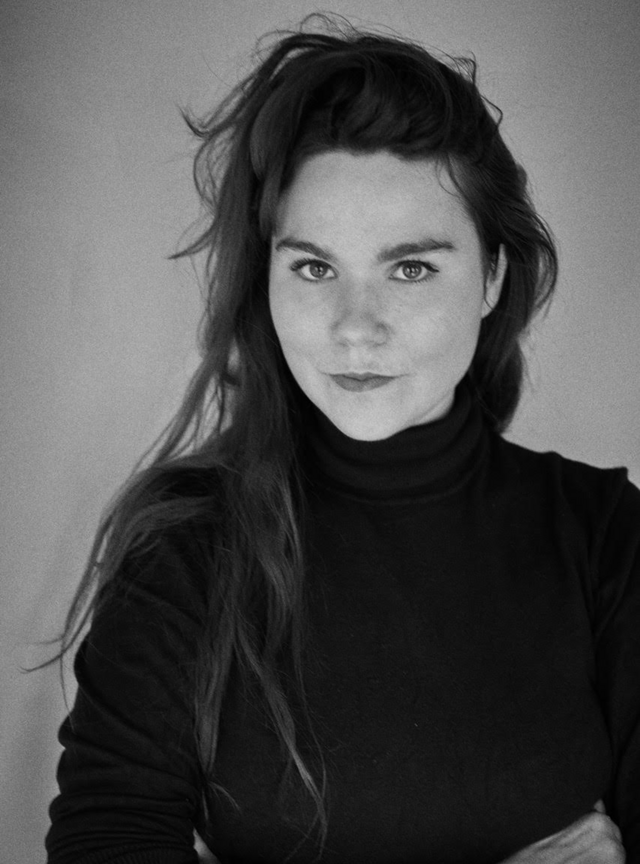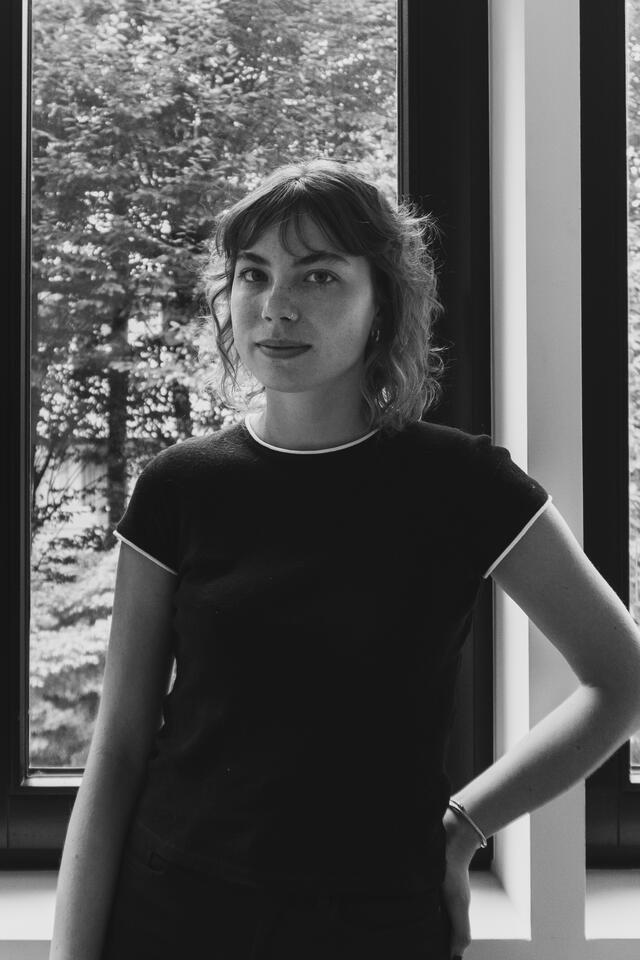About
Where the poetry of bio-based materials meets engaged design, ALEOR creates unique pieces and limited editions. Shaped by exceptional craftsmanship, its objects and Manifesto furniture collections give rise to new ecological aesthetics.
Nathalie Guiot

Nathalie Guiot is the founder of Aleor Craft and Biodesign. She has dual expertise in the fields of eco-design and contemporary art, as an exhibition curator and art collector. She is a member of the scientific committee of the Ecodesign and Creation chair at ENSAD, which she set up in 2020 with Décathlon, a member of the design acquisition committee at the Centre Pompidou, and a member of the Visual Arts acquisition committee at the CNAP (2021-2024). She is also committed to telling ecological stories through the Créateurs urgence climat podcast series she launched in 2020, and to supporting the emerging contemporary art scene through the activities of her foundation. With Aleor Craft & Biodesign, she is now committed to the production, publication and sale of Living Design, an alternative to fossil fuels and a solution to the depletion of resources.
Alexia Venot

Alexia Venot is the gallery's executive director. A graduate of ENSAD Paris, she is a designer and creative consultant specialising in biodesign, with particular expertise in textiles, materials and processes. Her work combines a holistic approach that takes into account not only the materials and resources used, but also the wider ecological, social and cultural context in which projects are developed. She incorporates the principles of eco-design and process-oriented collaborative methodologies. At Aleor, Alexia Venot plays a key role in promoting biodesign by curating and advising, as well as sharing stories about objects, materials and production contexts, encouraging both designers and industries to question their practices.
Sien Van den Eynde

Sien Van den Eynde is currently the Studio Manager at Aleor. She holds a Master’s degree in Interior Architecture from KU Leuven, Sint-Lucas School of Architecture, Ghent (2020). With several years of experience in the artistic field, Sien has collaborated with renowned Belgian artists, such as Arne Quinze starting in 2021, and Koen Vanmechelen between 2024 and 2025. These experiences have allowed her to build a solid expertise in production and studio management. Early in her career, she immersed herself in the art world, gaining a deep understanding of artistic processes and the dialogue between design, craftsmanship, and execution
Biodesign
Biodesign is an approach to design that draws inspiration from natural systems to create sustainable and regenerative solutions. It goes beyond imitating nature and seeks to reconnect with the living world using self-regenerating materials (such as algae or mycelium), collaborating with non-human ecosystems (insects, plants, etc.), and inventing new techniques inspired by nature and traditional knowledge. This approach is based on a systemic and holistic vision, where interactions between humans and ecosystems are rethought to foster natural regeneration processes. By integrating natural cycles and limiting extractivism, biodesign aims to redefine the relationship between technology, nature, and society.
Materiality
Materiality today goes beyond simply choosing materials for a project; it embodies a reflection on our relationship with the living world. In the context of the environmental crisis, it questions our way of life and consumption, highlighting that our material choices have direct consequences on the planet. Choosing renewable or regenerative materials (such as algae or mycelium) becomes an act of repairing our bond with life, where humans are no longer separate but part of an interconnected ecosystem. Materiality also carries an aesthetic of life, valuing organic, evolving materials with meaning. This material choice becomes an ethical and political responsibility, where how we produce and consume reflects collective values of social justice and ecological respect. Finally, materiality invites a dialogue with ecosystems, fostering a collaborative relationship rather than a dominating one, contributing to the regeneration of the living world.
Sustainability
Sustainability involves responsible and balanced management of natural resources, economic development respectful of ecological limits, and strengthening social ties for a livable future. This concept aims to minimize negative impacts on nature, preserve natural resources, and protect biodiversity.